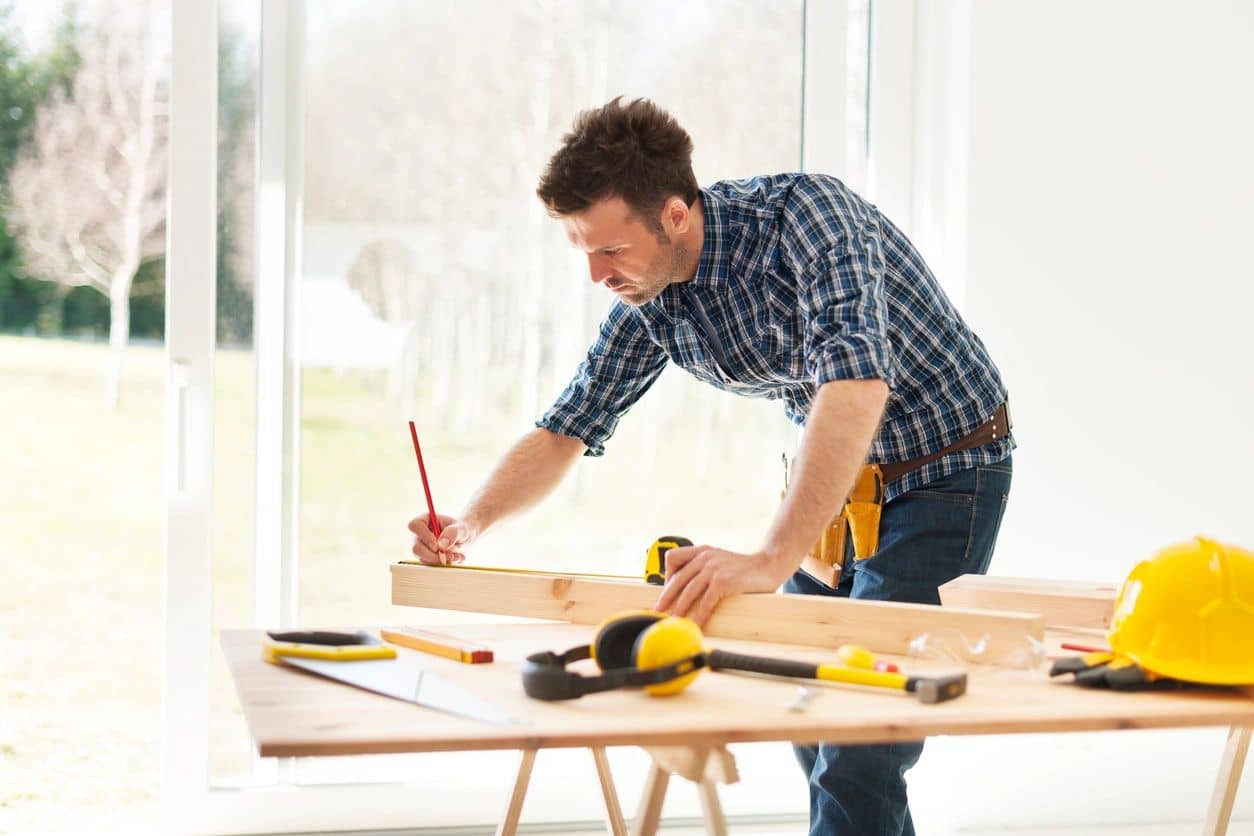The first thing one must keep in mind about a homeowners association is that it is essentially a conglomerate, an organization that keeps track of the rules and upholds them in terms of condominium complexes. It is organized by property owners and its rules affect the entirety of its community. They are also responsible for enforcing their rules as well as giving advice if needed. The following tips will give you some guidelines on what you need to do to keep on track with their requirements:
-
Knowing the bylaws and sticking to them is a good way of avoiding any trouble you might have with them. It would be a good idea to read through all of their rules so you could find the ones that might prohibit things you need. You might be surprised that bylaws could completely place you in trouble. This may include fences, the car you own and park in front of your home as well as the building materials used among other things. The number of rooms in your home, the color or even the shades of the color as well.
-
Nowadays HOAs are becoming more and more common, though they are fairly different from one another, depending on the people who are in control. In many cases they can be of great help, however in others they can be a hindrance. The thing is that they can greatly vary in effectiveness and help offered, but you will be stuck with them regardless if they are responsible for a given neighborhood.
-
The great thing about living in a place with a homeowners association is the fact that you have a chance to bond with your neighbors. You may still not be able to talk to quite a few of them, however they are dealing with the same things you’re dealing with so you will have plenty in common. They have to deal with the same regulations as you do and thus you would be able to use their advise or help in quite a few matters if you want to.
-
You should also pay attention to any possible violations your homeowners association may do to its own rules. There are cases where HOAs have been known to charge large-scale fees or even pressuring them to pay. Although these are isolated cases, you should never feel obliged to stay quiet if you feel something is amiss. Talk to your neighbors and consult them if you are experiencing any issues.
-
If you happen to have a bond with your neighbors, then you will benefit from that as in many cases a single individual can attract attention to your violation rather than the HOA as a whole. If you happen to attract attention you could use some support in lowering the possible pain coming your way.






